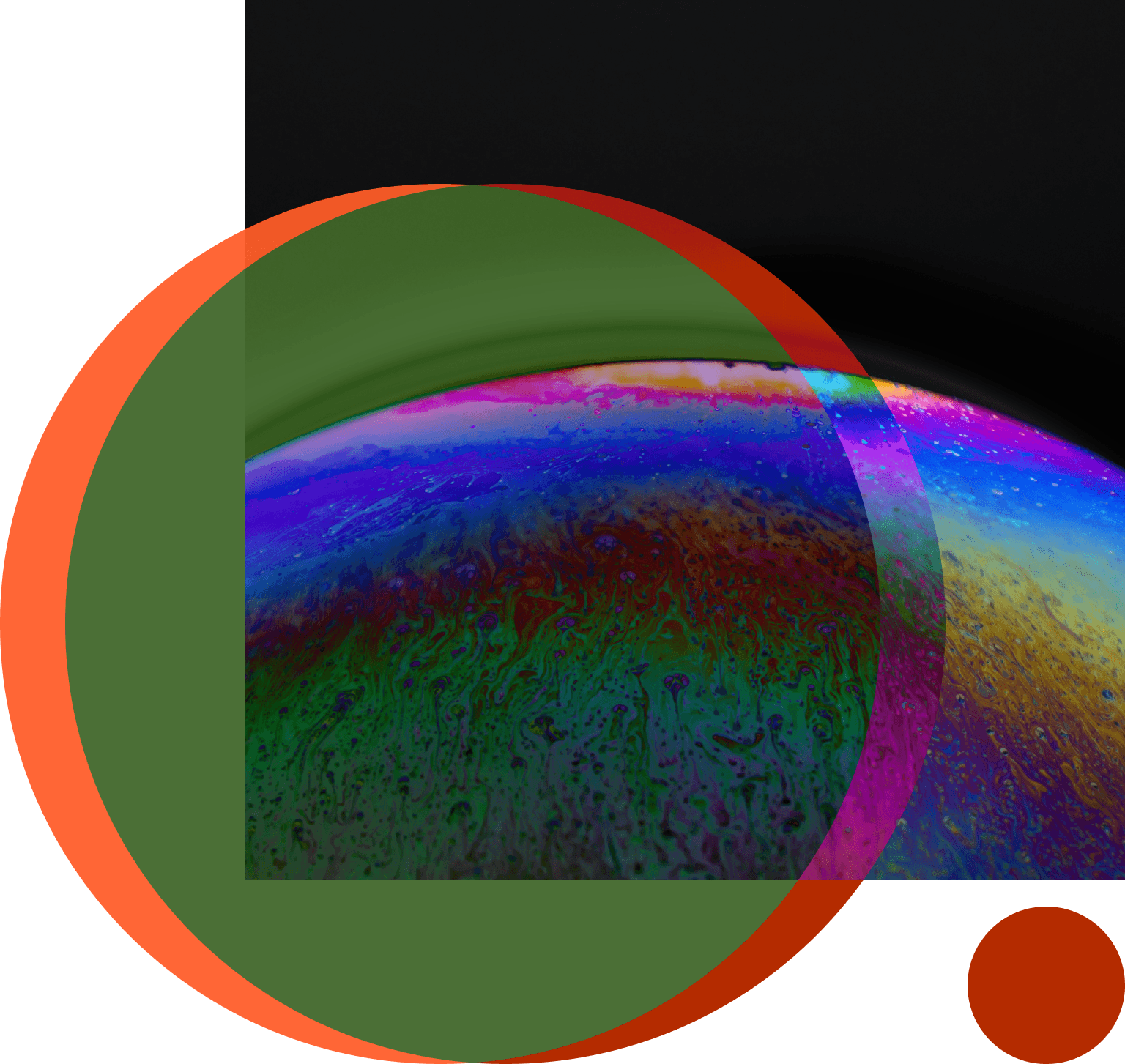Anxiety Can’t Possibly Make My Chest Actually Hurt… Can It?
If you’ve ever experienced random chest pain during a bout of anxiety or a panic attack, you know how terrifying it can be. Your mind immediately jumps to the worst-case scenario: heart attack, heart disease, something serious. But here’s the thing—chest pain caused by anxiety is very real, and it’s more common than you might think. Let’s dive into why anxiety can make your chest hurt and what’s actually happening inside your body.
When you’re anxious, your body activates its fight or flight response, a primal survival mechanism designed to protect you from danger. This response floods your body with stress hormones like adrenaline, which can cause your muscles to tense up, including those around your chest. This tension can lead to a feeling of tightness, pressure, or even sharp pain in your chest. So yes, your mind can absolutely make your chest hurt—no heart attack needed.
Anxiety causes muscle tension all over your body, and your chest is no exception. The muscles between your ribs, called intercostal muscles, can tighten and spasm during periods of intense anxiety or stress. This can create pain that feels sharp, stabbing, or just plain uncomfortable. It’s not dangerous, but it’s definitely unsettling, especially when you’re already on edge.
When you’re anxious, you might start breathing rapidly or shallowly without even realizing it—this is called hyperventilation. Hyperventilation can cause changes in the levels of carbon dioxide in your blood, leading to dizziness and lightheadedness, but it can also make your chest feel sore or achy. The overuse of chest muscles during rapid breathing can result in pain, making it feel like something more serious is happening.
Anxiety doesn’t just affect your muscles and breathing; it can also impact your digestive system. Stress and anxiety can cause esophageal spasms, where the muscles of your esophagus contract uncontrollably. This can feel remarkably similar to heart-related chest pain, adding another layer of confusion and fear. It’s like your body is playing tricks on you, but it’s really just reacting to stress.
When you’re anxious, your body is on high alert, scanning for any sign of danger. This heightened state of awareness can make you hyper-sensitive to physical sensations that you might normally ignore. A minor ache or twinge that wouldn’t normally bother you suddenly feels magnified and alarming. Your brain is quick to misinterpret these sensations as a sign of something serious, which only fuels the cycle of anxiety and chest pain.
If you’re experiencing chest pain and you’re pretty sure it’s related to anxiety, the best thing you can do is try to calm your body’s stress response. Deep breathing exercises, progressive muscle relaxation, or even just taking a moment to remind yourself that what you’re feeling is anxiety—not an impending heart attack—can help. However, if the pain is new, severe, or you’re unsure of the cause, it’s always a good idea to get it checked out by a healthcare professional.
Remember, anxiety can absolutely make your chest hurt. It’s a real physical reaction to a mental state, but it’s not a sign that something is wrong with your heart. By understanding why it happens and learning how to manage your anxiety, you can start to take control back from those scary, random chest pains.
